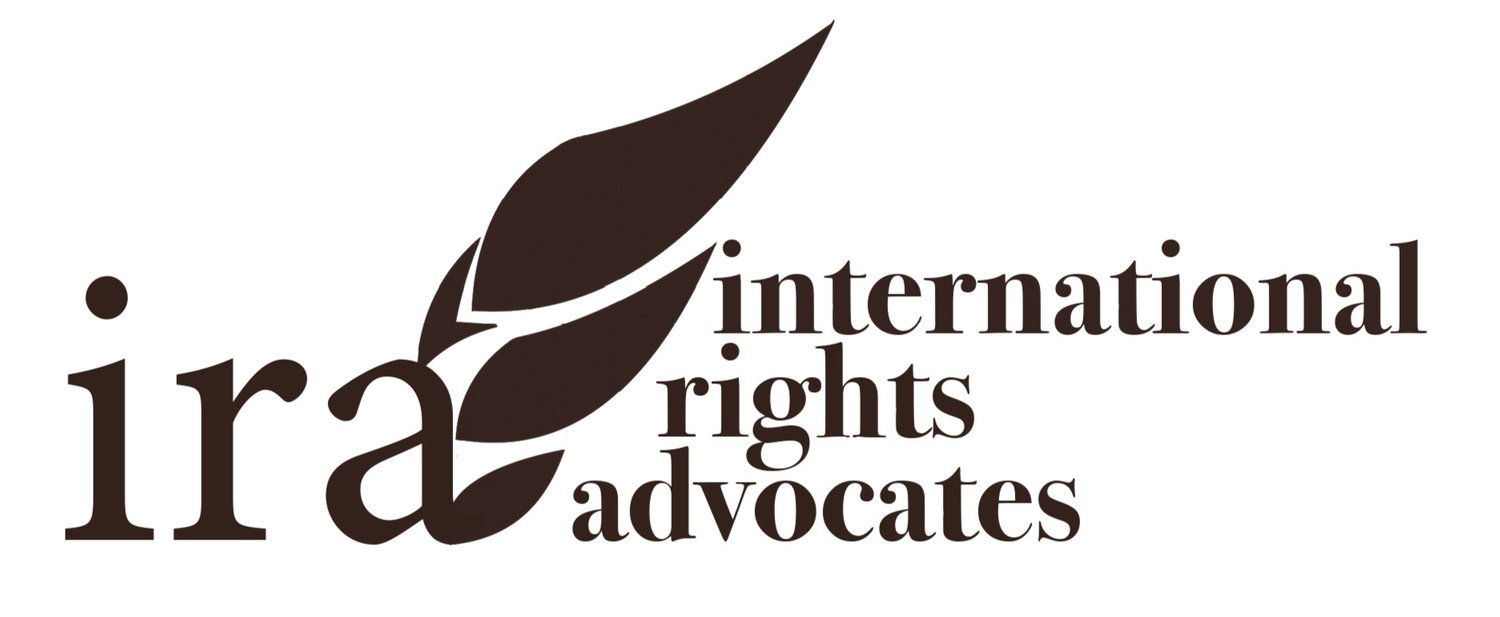Chiquita Made a Killing from Colombia's Civil War
Chiquita Made a Killing from Colombia's Civil War, Pulitzer Center on Crisis Reporting, January 27, 2017 - by Matt Kennard
Getting an interview with Anabel (not her real name) is not easy. In Colombia, witnessing paramilitary violence against your family generally means you keep quiet about it—it’s too dangerous to speak about what you’ve seen. Anabel tells us, after an extended period of negotiation, to meet her at her place of work near the trendy El Poblado district of downtown Medellín. We are told we cannot name her: What she saw and the powerful people who are implicated mean her own life is still not safe.
Anabel is part of a class action lawsuit brought by the Washington, D.C.-based NGO EarthRights International against the food company Chiquita for alleged human rights abuses in Colombia. According to EarthRights, Anabel’s interview with In These Times is the first media done by any of the suit’s plaintiffs.
Anabel’s trauma began in 1997, when she was around 10 years old, an Afro-Colombian child living with her parents in the town of Apartadó in Antioquia, not far from the border with Panama. Even at a young age she felt the weight of the violence happening all around her. "There were a lot of massacres, too many deaths,” she tells In These Times. “You could see the manner in which they left them as well. Often dismembered. It was a horrible war.”
Her family, she says, had long been receiving threats from local paramilitaries who wanted the land occupied by her stepfather’s banana farm. Land-grabbing by paramilitaries in this region—and much of the country—was and still is rampant. Land judged to be valuable to corporations would be bought or forcibly seized by paramilitaries and sold to rich individuals or corporations. When someone refused to buckle under the weight of threats, the paramilitaries resorted to violence.
Colombia’s right-wing paramilitary groups initially developed during the Colombian civil war as private militias to defend landed interests. They proliferated in the 1970s, often backed covertly by the political class, which was intent on defeating the left-wing insurrection. And in 1997, these paramilitaries were intimidating enough that Anabel’s stepfather, aware of the dangers, eventually agreed to sell his land.
When Anabel and her family met with the buyer, he said he had to go to another town, and they all got in a waiting taxi. But the taxi soon pulled to an unexpected stop. The buyer exited and another man came in, pulled a gun and started driving. Accompanied by other men on motorbikes, they continued on until reaching the end of a dirt road, where Anabel’s mother and stepfather were ordered to leave the car. The men beat and then shot her stepfather, killing him. Her mother tried to run; she was shot and killed, too. The men took the papers they needed for ownership of the land, then had the taxi driver bring Anabel into town.
Anabel’s life never got easy. “As I didn’t have parents, it was very hard to confront the world,” she tells In These Times. “People made fun of me, I had to see psychologists. I couldn’t go out in the street because I’d see a taxi and run off.”
Anabel reported the murders to the police and they were able to identify the taxi driver, who she believes was involved. But as far as she knows, no case against him or the murderers was ever made, and she has still not been able to recover her stepfather’s land.
“There is a lot of distrust,” Anabel says. “I still have nightmares. I cannot say that the issue doesn’t dominate. You cannot imagine the effort I’m making to not cry now. It’s extremely hard.” She then breaks down and cries. In each of four interviews In These Times conducted with survivors of paramilitary violence in Colombia, the survivors did the same.
On our way out of the offices, another woman stops us and asks we interview her about her family killed by paramilitaries. Like Anabel, she claims the police—and Colombia’s labyrinthine judicial system—have done nothing to help her. No one in the community of un-people in Colombia—the poor, the peasants, the indigenous, the black—has escaped the terrible toll of war.
But there may be hope on the horizon. In November 2016, after nine years of litigation, federal judge Kenneth Marra ruled that EarthRights’ case against Chiquita would continue in U.S. court. Chiquita, which has admitted to funding the ultra right-wing United Self-Defense Forces of Colombia (AUC), had argued the case should be heard in Colombia, where the banana company would be unlikely to be found guilty. But Marra’s decision means that Anabel and the other victims of paramilitary violence will go to trial in the somewhat more favorable U.S. court system.
To read more, see the full article here: http://pulitzercenter.org/reporting/chiquita-made-killing-colombia%E2%80...
To read more on IRA's current case against Chiquita, see here: http://www.iradvocates.org/case/latin-america-colombia/does-v-chiquita-b...

